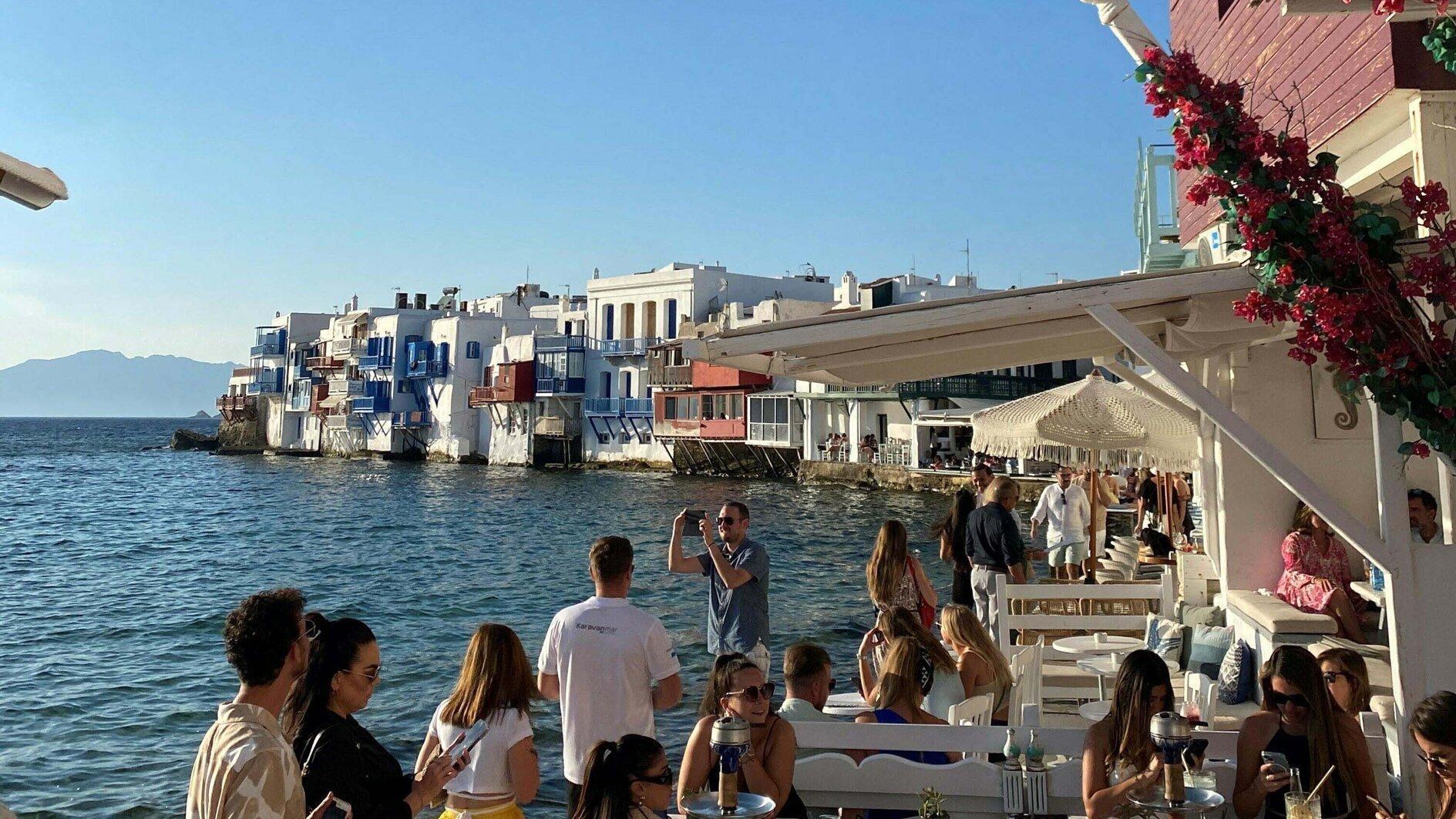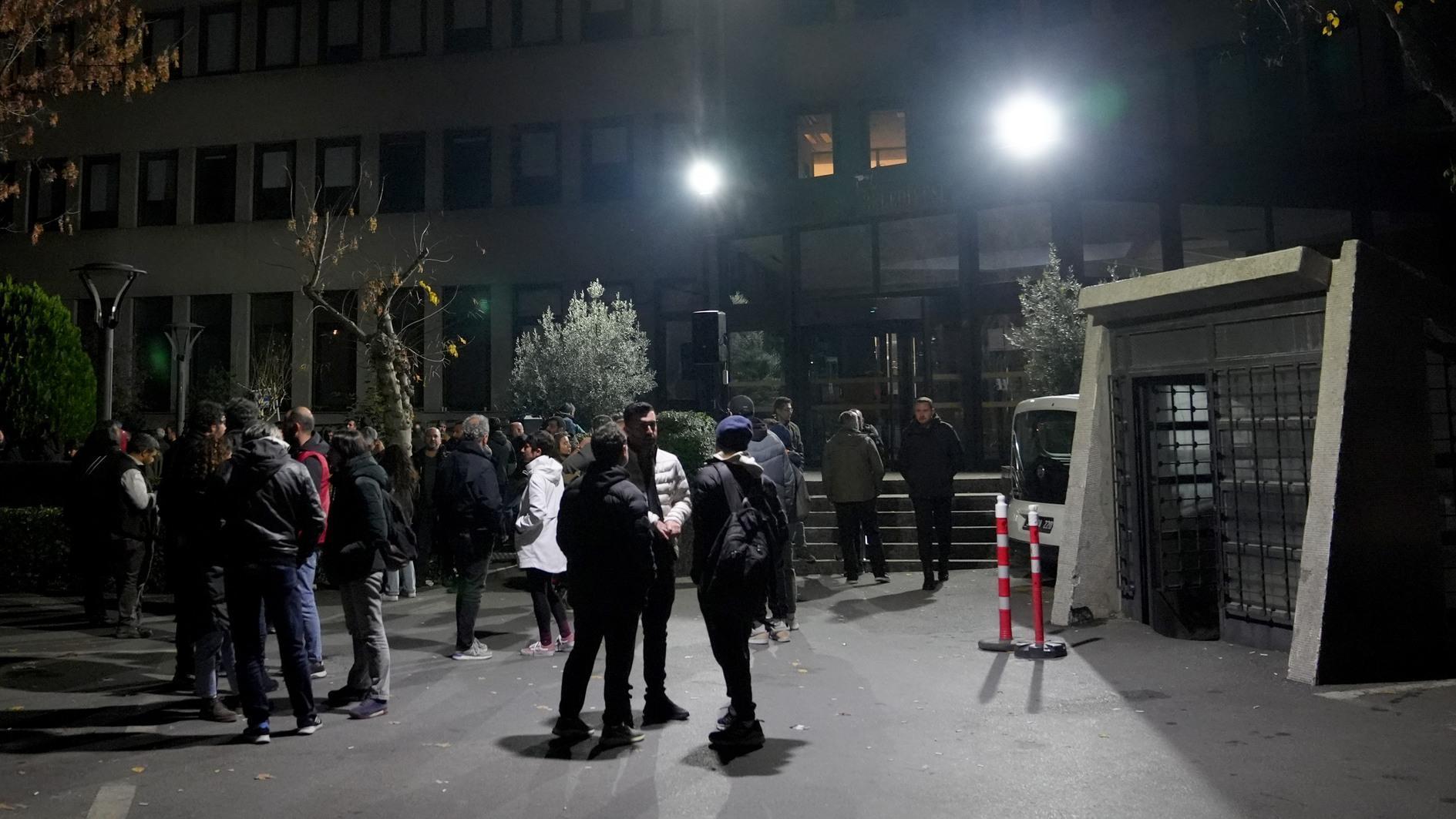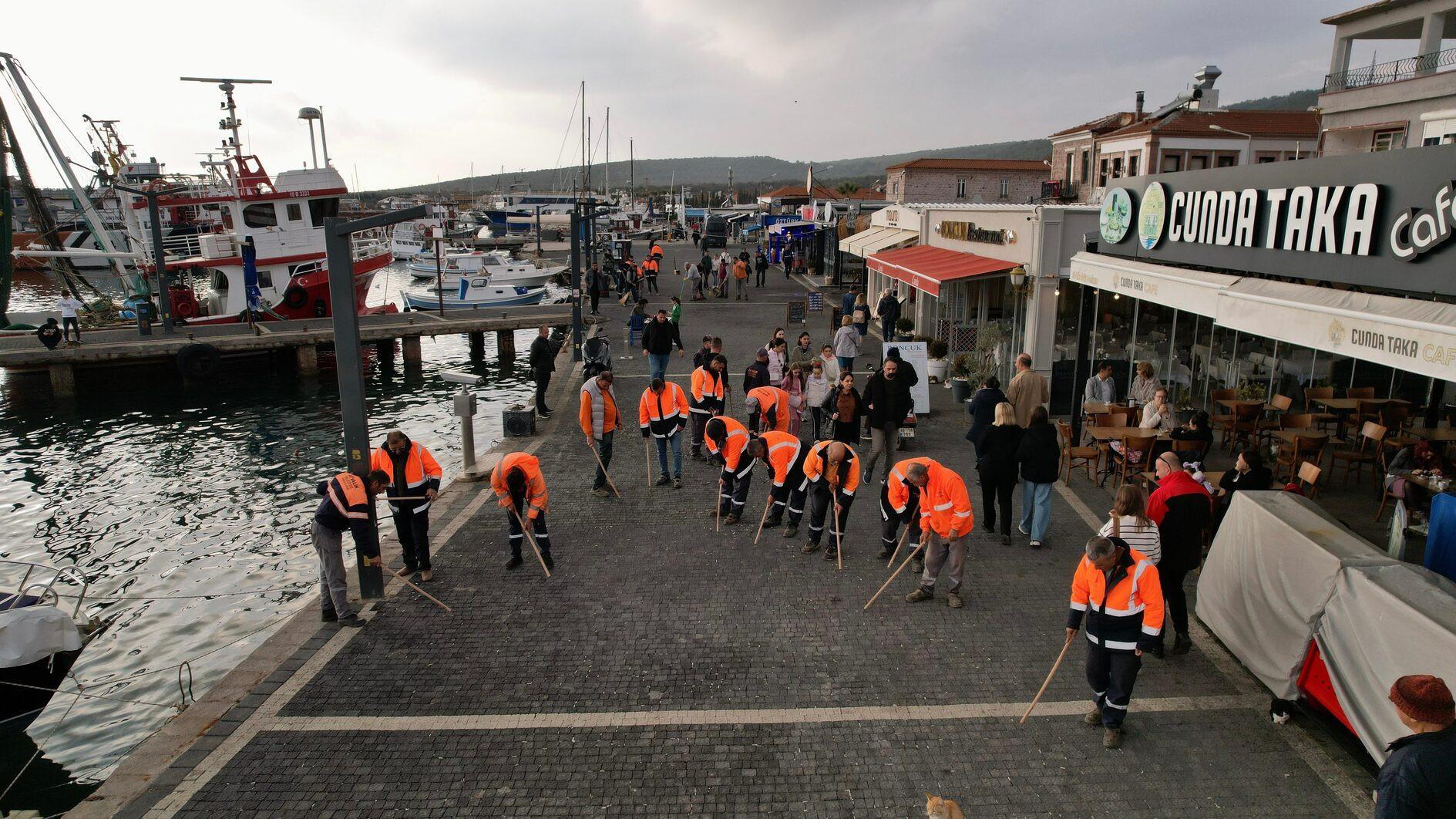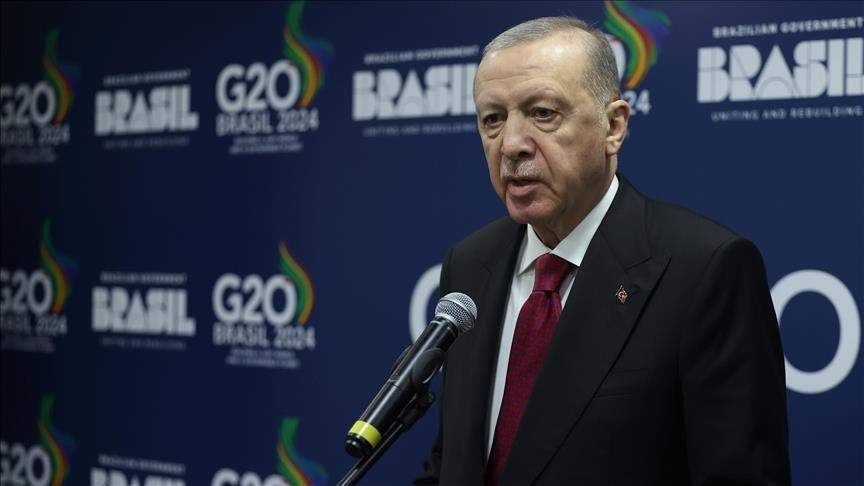Greece benefits from keeping Turkey in EU's orbit
The maritime delimitation problem in the Aegean between Turkey and Greece has currently been transferred to the Eastern Mediterranean. Lying at the heart of the problem are hydrocarbon discoveries in the Mediterranean since the early 2000s, as well as the Cyprus dispute. Initial discoveries of natural gas around Israel and Egypt were followed by similar ones around Cyprus.
The economic logic dictates the transfer of Eastern Mediterranean gas to European markets via Turkey by pipeline.
This opportunity, however, was lost due to Turkey’s political problems with Israel and Egypt.
Unwilling to work together with the Turkish Cypriots, the Greek Cypriot administration got together with Egypt, Israel and Greece to transport the gas via Greece and Italy as part of a project called the East Med pipeline. It was a tremendously costly project to begin with, but the current drop in oil and natural gas prices has further rendered it economically unfeasible.
The project has rung alarm bells in Turkey, because if the project is to go ahead, that would mean Turkey’s acceptance that Cyprus, as well as the Greek islands of Crete and Kastellorizo, have exactly the same maritime zones as the Greek mainland. What would that mean for Turkey? That the country with the longest coastline in the Eastern Mediterranean would have been boxed into a very small piece of sea.
Many Turkish experts believe that Turkey, preoccupied by other priorities, stood by idly as developments occurred in the Eastern Mediterranean. Waking up late to the reality, Turkey took the step of signing a maritime delimitation agreement with the U.N.-supported government in Libya last year, according to which the area around Crete, which
Greece believes to be under its control, was divided between Turkey and Libya. And in order to prove its resoluteness, Turkey announced plans to explore in these “contested” areas. Unsurprisingly, that has fueled tensions in the Mediterranean.
Turkey’s recent announced plans to dispatch the research vessel Oruç Reis to carry out operations in waters south of the Greek islands of Rhodes, Karpathos and Kastellorizo, along with Greece’s subsequent reaction, have brought the situation to the brink of a crisis.
The bad news is that the maritime border problem in the Aegean is now being duplicated in the Eastern Mediterranean.
The good news is that just as tensions in the Aegean subsided after the countries put their problems in the freezer and opened the door to dialogue.
Turkey decided to suspend its exploration activities around the Greek islands as a goodwill gesture and give a chance to the European Union’s high representative for foreign and security policies, Josep Borrell, and his diplomatic efforts to find a solution that will be acceptable to all.
Can the relative quiet that has descended on the Aegean be repeated in the Eastern Mediterranean? The answer will depend greatly on Greece and its ability to influence Greek Cyprus.
Ever since the rapprochement between Athens and Ankara that started in 1999, Greece has been the net beneficiary of keeping Turkey in the EU orbit as well as keeping EU-Turkish problems out of Greek-Turkish relations. In other words, Greece tried to use the European Union as a carrot rather than a stick. As a result, economic relations have boomed, while increased tourism has helped break the ice between the two nations.
Greek Cyprus, on the other hand, has preferred to use the bloc as a stick. Greek Cypriot vetoes on start talks for accession negotiations created a pretext that suggested Turkey was looking to slow the reform process. But Greek Cypriot obstruction not only failed to force Turkey into a policy change, it also eroded Brussels’ leverage over Ankara as the latter further abandoned European norms. Greek Cypriot intransigence and Greece’s inaction to it ended in the collapse of the final U.N. effort to find a settlement on the island.
Ultimately, some European involvement has not brought success to Greece; its alignment with Greek Cyprus, Egypt and Israel against Turkey, as encouraged by France and other EU countries, has landed Athens with additional trouble in an already-unstable region.
Greece will have to handle two challenges: Greek Cyprus and the oscillating currents in the European Union. While France wants robust action against Turkey, Germany wants to resort to diplomacy. The fact that Greece has currently opted for diplomacy is an encouraging sign. Greece must have understood the gist of Turkey’s gesture. As a non-EU member, Turkey does not usually trust the bloc as an honest broker. The fact that it accepted EU mediation attests to its willingness to prioritize a diplomatic solution.











